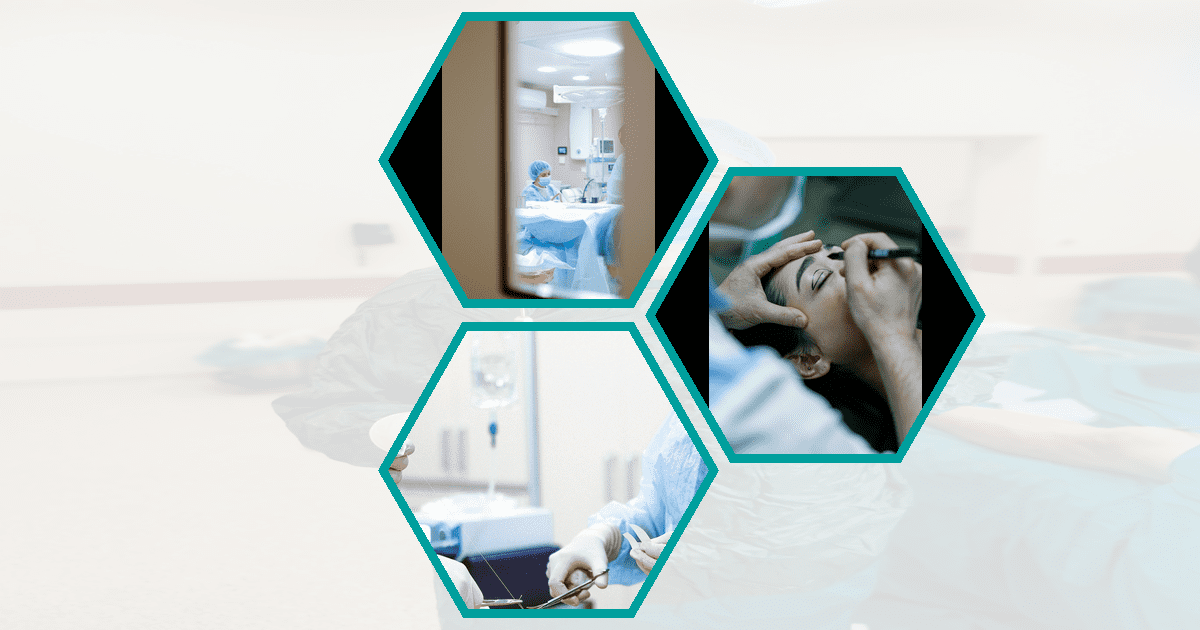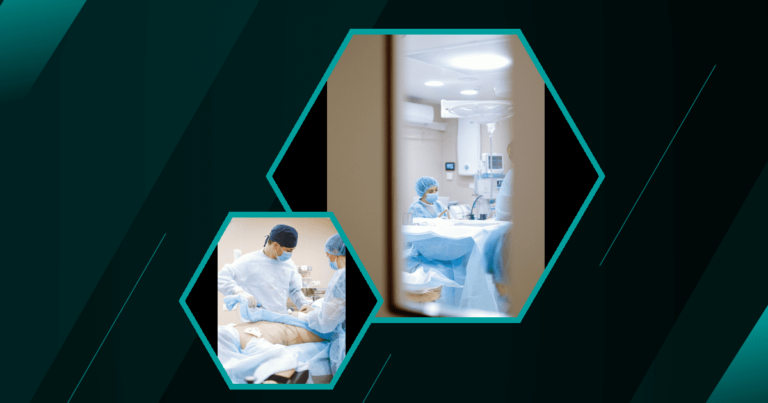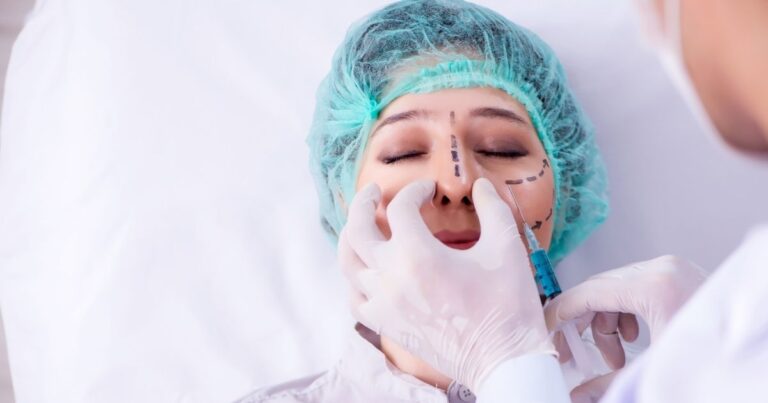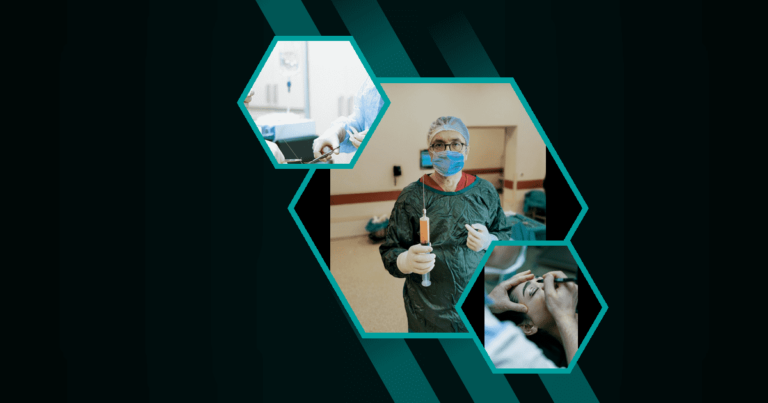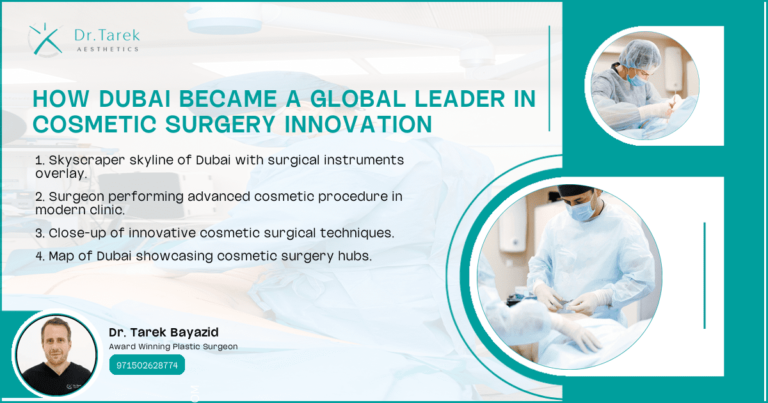Plastic surgery has become a popular choice for individuals seeking to enhance their appearance and boost their self-esteem. However, the psychological effects of cosmetic procedures are complex and multifaceted. This article explores how plastic surgery impacts mental health and self-esteem, providing valuable insights for those considering such procedures.
The Psychological Effects of Cosmetic Procedures
Positive Impacts on Self-Confidence
Plastic surgery can significantly boost self-confidence by addressing physical features that individuals may feel self-conscious about. Many people report feeling more attractive and self-assured after undergoing cosmetic procedures, which can lead to improved social interactions and personal relationships. This newfound confidence often translates into a more positive outlook on life.
Cosmetic Surgery Locator helps people find doctors who can change how they look
it shows nearby places where you can get cosmetic surgery done safely
Skilled Beauty Doctors help people look and feel better
they use special treatments to improve skin hair and appearance
- Enhanced self-image
- Increased social engagement
- Improved personal relationships
Potential Negative Outcomes
While many experience positive changes, some individuals may face negative psychological outcomes post-surgery. Unrealistic expectations or dissatisfaction with results can lead to disappointment and decreased self-esteem. It’s crucial for patients to have a clear understanding of the potential risks and outcomes before undergoing surgery.
Book A Consultation With Dr Tarek Bayazid
Top-rated Plastic Surgeon For Plastic Surgery in Dubai
Installment Plan Available
- Unrealistic expectations
- Post-surgery dissatisfaction
- Decreased self-esteem
Body Image and Plastic Surgery
Addressing Physical Insecurities
Plastic surgery offers a solution for those struggling with physical insecurities. By altering specific features, individuals can achieve a body image that aligns more closely with their self-perception, leading to increased satisfaction and confidence.
- Alleviation of physical insecurities
- Alignment with self-perception
- Increased satisfaction
The Role of Social Media in Body Perception
Social media plays a significant role in shaping body perception, often promoting unrealistic beauty standards. This can drive individuals to seek cosmetic procedures in pursuit of these ideals, sometimes leading to a cycle of dissatisfaction and further surgeries.
- Influence of social media
- Promotion of unrealistic standards
- Cycle of dissatisfaction
Mental Health Considerations Before Undergoing Cosmetic Surgery
Assessing Motivations and Expectations
Before deciding on plastic surgery, it’s essential to assess personal motivations and expectations. Understanding the reasons behind the desire for surgery can help ensure that the decision is made for the right reasons, leading to more satisfactory outcomes.
- Clarification of personal motivations
- Realistic expectations
- Informed decision-making
Screening for Body Dysmorphic Disorder
Body Dysmorphic Disorder (BDD) is a mental health condition where individuals obsess over perceived flaws in their appearance. Screening for BDD is crucial before surgery, as those with the disorder may not achieve the desired psychological benefits from cosmetic procedures.
- Identification of BDD
- Importance of screening
- Impact on surgical outcomes
How Does Plastic Surgery Impact Mental Health and Self-Esteem in Young Adults?
Common Procedures for 20-30 Year Olds
Young adults often opt for procedures like rhinoplasty, breast augmentation, and liposuction. These surgeries can enhance self-esteem by aligning physical appearance with personal ideals, but it’s important to consider the long-term psychological effects.
- Popular procedures: rhinoplasty, breast augmentation, liposuction
- Alignment with personal ideals
- Consideration of long-term effects
Long-Term Psychological Effects
The long-term psychological effects of plastic surgery in young adults can vary. While some experience lasting self-esteem improvements, others may face ongoing dissatisfaction or regret, highlighting the importance of thorough pre-surgery counseling.
- Lasting self-esteem improvements
- Potential for ongoing dissatisfaction
- Importance of counseling
The Connection Between Inner Beauty and Outer Appearance
Balancing Physical and Emotional Well-being
Achieving a balance between physical appearance and emotional well-being is crucial for overall happiness. Plastic surgery can be a tool for enhancing outer beauty, but it should be complemented by efforts to nurture inner beauty and emotional health.
- Balance between appearance and well-being
- Enhancement of outer beauty
- Nurturing inner beauty
Developing a Healthy Self-Image
Developing a healthy self-image involves recognizing and appreciating one’s unique qualities. Plastic surgery can aid in this process, but it’s essential to maintain a focus on self-acceptance and personal growth.
- Recognition of unique qualities
- Role of plastic surgery
- Focus on self-acceptance
Managing Expectations in Cosmetic Procedures
The Importance of Realistic Goals
Setting realistic goals is vital for achieving satisfaction with cosmetic procedures. Unrealistic expectations can lead to disappointment and negatively impact mental health, making it crucial to have open discussions with healthcare providers.
- Setting achievable goals
- Avoiding disappointment
- Importance of open discussions
Dr. Tarek’s Approach to Patient Counseling
Dr. Tarek emphasizes the importance of thorough patient counseling to ensure realistic expectations and informed decision-making. His approach includes detailed discussions about potential outcomes and risks, helping patients make well-informed choices.
- Emphasis on patient counseling
- Detailed discussions
- Informed decision-making
How Does Plastic Surgery Impact Mental Health and Self-Esteem in Older Adults?
Age-Related Cosmetic Concerns
Older adults often seek cosmetic procedures to address age-related concerns such as wrinkles and sagging skin. These procedures can rejuvenate appearance and boost self-esteem, contributing to a more positive self-image.
- Addressing wrinkles and sagging skin
- Rejuvenation of appearance
- Boost in self-esteem
Psychological Benefits of Rejuvenation Procedures
Rejuvenation procedures can offer significant psychological benefits for older adults, including increased confidence and a more youthful outlook on life. These benefits can enhance overall quality of life and personal satisfaction.
- Increased confidence
- Youthful outlook
- Enhanced quality of life
The Role of Support Systems in Post-Surgery Recovery
Importance of Family and Friends
A strong support system of family and friends is crucial for a smooth post-surgery recovery. Emotional support can help individuals navigate the physical and psychological challenges of recovery, leading to better outcomes.
- Emotional support from loved ones
- Navigating recovery challenges
- Improved recovery outcomes
Professional Psychological Support
Professional psychological support can be invaluable for individuals undergoing plastic surgery. Therapists can help address any mental health concerns and provide strategies for coping with post-surgery changes.
- Value of professional support
- Addressing mental health concerns
- Coping strategies
Potential Risks of Excessive Cosmetic Procedures
Addiction to Plastic Surgery
Some individuals may develop an addiction to plastic surgery, seeking multiple procedures in pursuit of an unattainable ideal. This can lead to negative psychological effects and impact overall well-being.
- Risk of addiction
- Pursuit of unattainable ideals
- Negative psychological effects
Impact on Personal Relationships
Excessive cosmetic procedures can strain personal relationships, as loved ones may struggle to understand the motivations behind repeated surgeries. Open communication and support are essential to maintaining healthy relationships.
- Strain on relationships
- Importance of communication
- Maintaining healthy relationships
How Does Plastic Surgery Impact Mental Health and Self-Esteem in Men?
Common Male Cosmetic Procedures
Men increasingly seek cosmetic procedures such as hair transplants, liposuction, and rhinoplasty. These surgeries can enhance self-image and confidence, addressing specific concerns related to masculinity and appearance.
- Popular procedures: hair transplants, liposuction, rhinoplasty
- Enhancement of self-image
- Addressing masculinity concerns
Addressing Masculinity and Self-Image
Plastic surgery can help men address concerns related to masculinity and self-image, leading to improved confidence and self-esteem. It’s important for men to approach surgery with realistic expectations and a focus on personal growth.
- Addressing masculinity concerns
- Improved confidence
- Focus on personal growth
Integrating Plastic Surgery with Overall Wellness
Combining Procedures with Lifestyle Changes
For optimal results, plastic surgery should be combined with healthy lifestyle changes such as diet and exercise. This holistic approach can enhance both physical appearance and overall well-being.
- Combination with lifestyle changes
- Enhancement of results
- Holistic approach to wellness
Holistic Approach to Self-Improvement
A holistic approach to self-improvement involves addressing both physical and emotional aspects of well-being. Plastic surgery can be a part of this journey, but it’s important to focus on overall health and personal growth.
- Addressing physical and emotional well-being
- Role of plastic surgery
- Focus on overall health
Navigating Social Perceptions of Cosmetic Enhancements
Dealing with Stigma and Judgment
Individuals who undergo plastic surgery may face stigma and judgment from others. It’s important to navigate these perceptions with confidence and embrace personal choices in self-care.
- Facing stigma and judgment
- Navigating social perceptions
- Embracing personal choices
Embracing Personal Choice in Self-Care
Embracing personal choice in self-care involves making decisions that align with one’s values and desires. Plastic surgery can be a part of this journey, empowering individuals to take control of their appearance and self-esteem.
- Empowerment through personal choice
- Alignment with values
- Control over appearance
The Future of Plastic Surgery and Mental Health
Advancements in Non-Invasive Procedures
The future of plastic surgery is likely to see advancements in non-invasive procedures, offering individuals more options for enhancing their appearance with minimal risk. These innovations can provide psychological benefits without the need for extensive surgery.
- Advancements in non-invasive options
- Minimal risk procedures
- Psychological benefits
Evolving Attitudes Towards Cosmetic Enhancements
Attitudes towards cosmetic enhancements are evolving, with increasing acceptance and understanding of the psychological benefits. This shift can lead to more individuals feeling empowered to pursue procedures that enhance their self-esteem and mental health.
- Evolving societal attitudes
- Increased acceptance
- Empowerment through cosmetic enhancementsnt.
FAQ’s
What are the psychological benefits of plastic surgery?
The psychological benefits of plastic surgery can include increased self-esteem, improved body image, and enhanced confidence. These benefits can lead to better social interactions and overall life satisfaction. However, the extent of these benefits varies among individuals.
Can plastic surgery help with depression?
Plastic surgery is not a cure for depression, but it can contribute to improved mental health for some individuals by enhancing self-esteem and body image. However, it’s essential to address underlying mental health issues with professional support alongside cosmetic procedures.
Does plastic surgery improve self-esteem?
Plastic surgery can improve self-esteem for many individuals by enhancing their appearance and aligning it with their self-image. However, the psychological benefits are not guaranteed and depend on factors like realistic expectations and personal motivations. It’s important to approach surgery with a clear understanding of potential outcomes.
